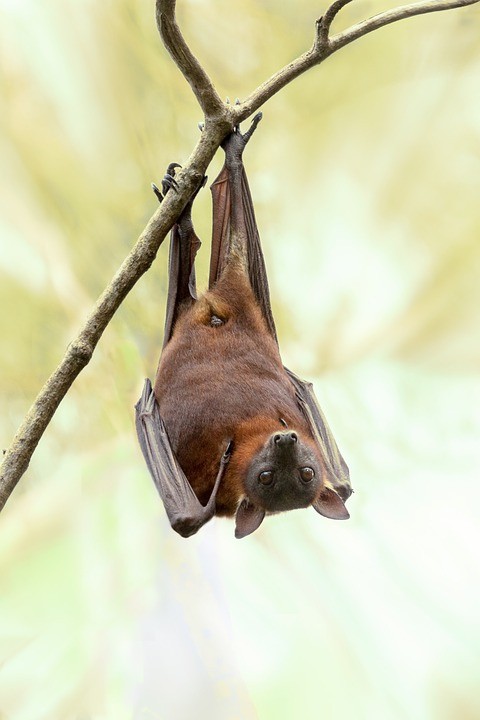
Six grey-headed flying foxes were found dead from a gunshot wound, and with marks of being beaten along the road in Bairnsdale on Gippsland region, Australia last Friday.
A spike in brutality has been reported towards the bats, after accounts of bats beaten to death after getting caught in a fruit tree net or brutally killed near their roosting sites. The perception that bats are carriers of diseases has been blamed for the incidents.
This is a sad development as more than 2,000 flying foxes died from extreme heat and were reported to abandon their babies last December. The value of bats in pollination and preservation of the forest is underscored. Grey-headed flying foxes ((Pteropus poliocephalus) are classified as vulnerable to extinction by the International Union for the Conservation of Nature (IUCN).
Extremely Cruel Act
The bats were just trying to eat to survive, Dr. Megan Davidson, the chief executive of Wildlife Victoria said. She condemned the extremely cruel act and thinks that the community would be shocked to know that someone is going around and killing wildlife.
Kirsty Ramadan, who operates the Bohollow Wildlife Shelter in the Goulburn Valley said she has witnessed bats suffering from horrific injuries from barbed wire and fruit netting. In Numurkah, people are going out of their way to make noise, bang drums and drive bats away even if they are heat stressed. These disturbances can make a difference between life and death on the bats.
In Tatura, a bat killing reportedly left a mother and daughter traumatized after they witnessed the second bat killing at a private residence not far from Cussen Park, where hundreds of flying foxes congregate each year. It is estimated that the number of bats must have increased from 250 after bats flocked in the area in search of food from areas burned by the bushfires.
Homeless, hungry and stressed from extreme hot temperature
Last December, National Geographic reported the death of around 4,500 grey-head flying foxes at Yarra Bend Park in Melbourne due to intense temperature rise. In the same month, at least 1,700 baby bats of grey-headed flying foxes were left by their mothers in Northern South Wales. Janine Davis of Shoalhaven Bat Clinic said that mothers may be suffering from exhaustion, malnutrition, and hunger which led to such occurrence. Most bats forage on the nectar of the eucalyptus blossom, which was lost because of the bushfires that damaged over 84,000 hectares between Batemans Bay and Ulladulla.
Myths about bats needed to change
People think of bats as dirty and disease-carriers. Little is known that bats play a crucial role in pollinating and dispersing native fruit trees. These animals play a help rebuild the forests, and keeps it healthy. Unfortunately, bats such as Gray-headed flying foxes have declined by more than 95 percent in the last 100 years and their survival in the long-term is still uncertain. There is a need to take care of these creatures, otherwise, it will also be lost soon, Dr. Davidson said.
© 2025 NatureWorldNews.com All rights reserved. Do not reproduce without permission.





